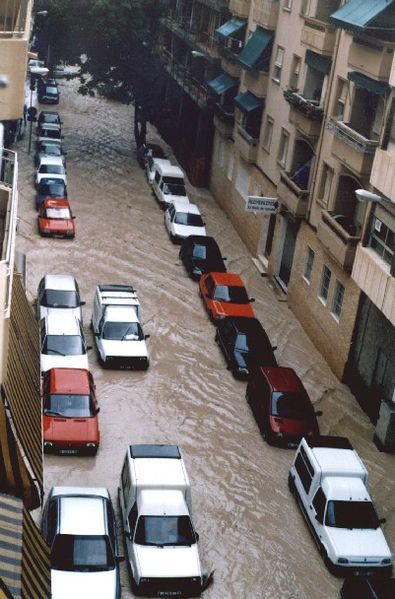Natural hazards such as flooding or earthquakes can have disastrous societal, environmental and economic impacts. Disaster risk reduction (DRR) is an approach to lessen hazard damage by, for example, reducing exposure, increasing preparedness and giving early warning of impending events.
Effectively implementing DRR requires widespread knowledge dissemination to international agencies, governments, disaster planners and civil society organisations. The EU-funded
KNOW-4-DRR (Enabling knowledge for disaster risk reduction in integration to climate change adaptation) project seeks to mitigate disasters by investigating how this knowledge is created and shared.
Through workshops and seminars, KNOW-4-DRR is identifying barriers to disseminating knowledge. It is also improving bridges for sharing information across a range of players.
In addition, researchers have established living labs involving national, interregional and local decision makers in Italy, Spain and Vietnam. In these case studies, disasters in each country are used as laboratories for testing and applying disaster responses and management decisions in real-life situations.
The living labs will enable KNOW-4-DRR to build models and tools for collecting, mapping and evaluating impacts from disasters. These models will be used to build a knowledge database supporting the multidisciplinary and multi-agency work needed during the different phases of a disaster response.
Since climate change will possibly increase the severity and frequency of hazards, KNOW-4-DRR is also integrating climate change adaptation (CCA) within the broad DRR concept. CCA requires taking appropriate action, such as improving water efficiency, adapting building codes or building flood defences, in anticipation of extreme weather events.
KNOW-4-DRR will help to ensure that EU Member States, particularly those most affected by climate change, can limit the socioeconomic impact of natural disasters.
